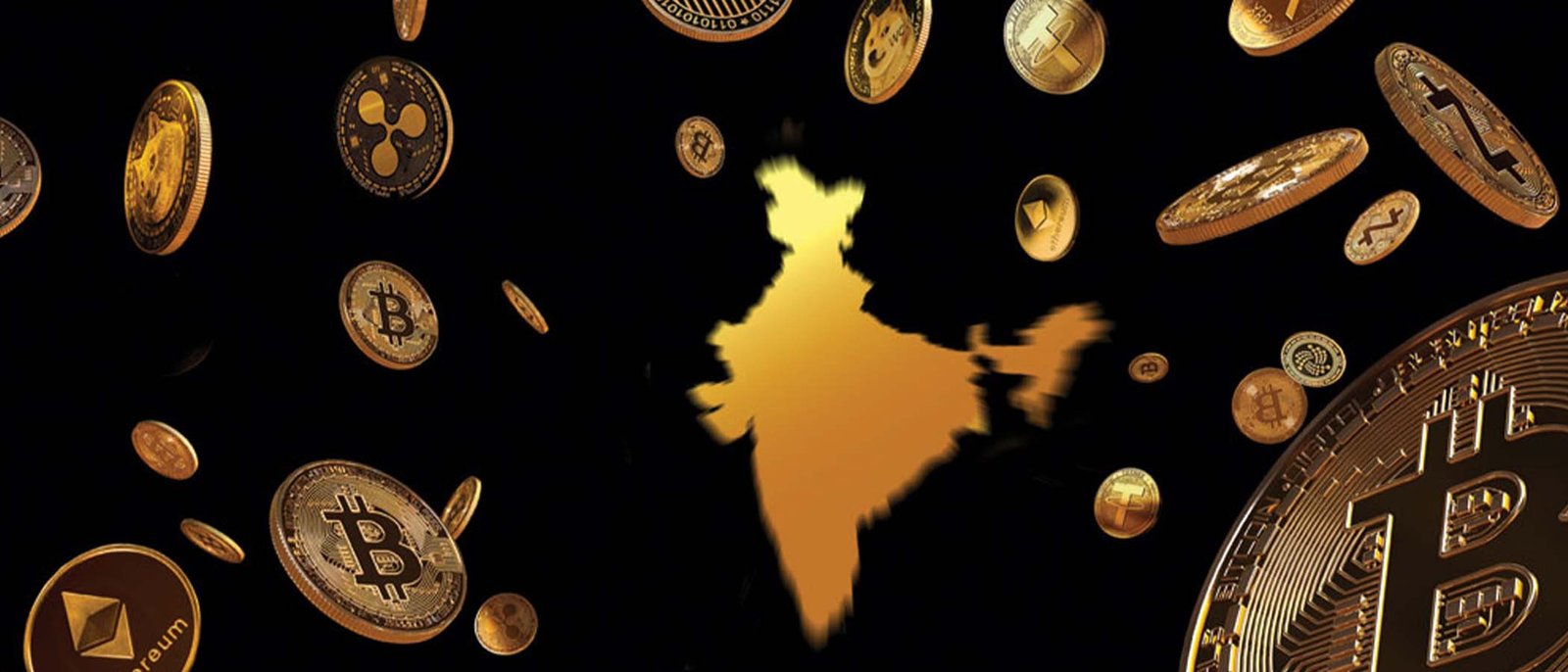Navigating the Crypto Craze: A Beginner’s Guide to Digital Currencies and Blockchain Technology
Introduction: In recent years, the world has witnessed an explosion of interest in cryptocurrencies and blockchain technology. From Bitcoin’s meteoric rise to the emergence of countless altcoins, navigating this fast-paced landscape can be overwhelming for newcomers. In this guide, we’ll break down the essentials of digital currencies and blockchain, providing you with the knowledge needed to navigate the crypto craze with confidence.
Understanding Cryptocurrencies: Cryptocurrencies, such as Bitcoin, Ethereum, and Litecoin, are digital or virtual currencies that utilize cryptography for secure transactions and to control the creation of new units. Unlike traditional currencies, cryptocurrencies operate independently of central banks and governments, offering decentralization and transparency.

Example Tools
- Coinbase: A user-friendly platform for buying, selling, and storing cryptocurrencies.
- MetaMask: A browser extension wallet that allows users to interact with Ethereum-based decentralized applications (dApps).
- Binance: One of the largest cryptocurrency exchanges offering a wide range of trading pairs and services.
- Ledger Nano S: A hardware wallet for securely storing cryptocurrencies offline.
- CoinMarketCap: A comprehensive website for tracking the prices, market capitalization, and other metrics of cryptocurrencies.
Understanding Blockchain Technology: Blockchain is the underlying technology behind cryptocurrencies, serving as a decentralized and immutable ledger for recording transactions across a network of computers. Each block in the chain contains a cryptographic hash of the previous block, creating a secure and transparent record of transactions.
Example Tools
- Ethereum: A blockchain platform that enables the development of smart contracts and decentralized applications (dApps).
- Hyperledger Fabric: An open-source enterprise blockchain framework for developing permissioned blockchain networks.
- Chainlink: A decentralized oracle network that connects smart contracts with real-world data.
- IPFS (InterPlanetary File System): A protocol for decentralized file storage and sharing, often used in conjunction with blockchain technology.
Conclusion: As you navigate the world of digital currencies and blockchain technology, remember to conduct thorough research, exercise caution, and stay informed about the latest developments and best practices. By leveraging the right tools and understanding the fundamentals, you can confidently participate in the crypto craze and explore the transformative potential of this emerging technology.








